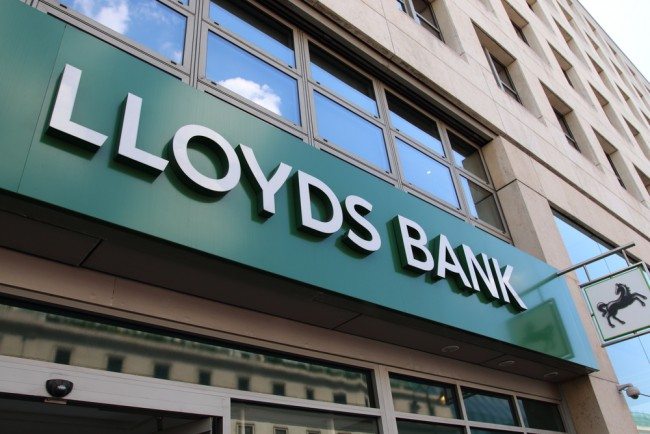The British government has cut its stake in Lloyds Banking Group to below 7 per cent, raising the amount recovered to more than £17.5bn of the £20.3bn of taxpayers’ money used to bail out the bank during the financial crisis, The Guardian reports.
The sale of a further 1 per cent of Lloyds shares on Tuesday reduced the government’s stake to 6.93 per cent, from a peak of 43 per cent.
Simon Kirby, the economic secretary to the Treasury, said: “Selling our shares in Lloyds Banking Group and making sure that we get back all the cash taxpayers injected into it during the financial crisis is a key government priority. So I am pleased that we have continued to reduce our stake in Lloyds.”
The chancellor, Philip Hammond, announced in October that he was abandoning his predecessor’s plans to sell the remainder of the Lloyds stake to members of the public at a discounted rate.
Since then, the Treasury has been selling its remaining shares on the stock market, reducing its stake in stages from 9.2 per cent to 6.9 per cent. The aim is to have sold all its shares within a year, with the proceeds being used to reduce national debt.
The current sales are taking place at a price lower than the 73.6p average price paid for the stake during the crisis, but Hammond has said he expects to recoup the full amount injected into the bank. Lloyds shares are trading at just above 61p.
A spokesperson for Lloyds said: “Today’s announcement shows the further progress made in returning Lloyds Banking Group to full private ownership and enabling the taxpayer to get their money back.
“This reflects the hard work undertaken over the last five years to transform the group into a simple, low-risk and customer-focused bank that is committed to helping Britain prosper.”
While the government is selling off its stake in Lloyds, it retains a 73 per cent stake in Royal Bank of Scotland which it also bailed out during the financial crisis.
Hammond said in October that the time was not right to sell its stake in the Edinburgh-based bank, in which a 5 per cent stake was sold in August 2015 at a £1bn loss.


